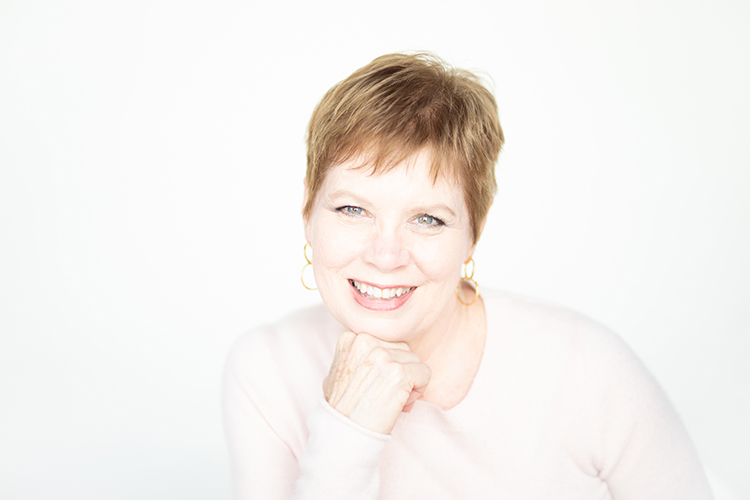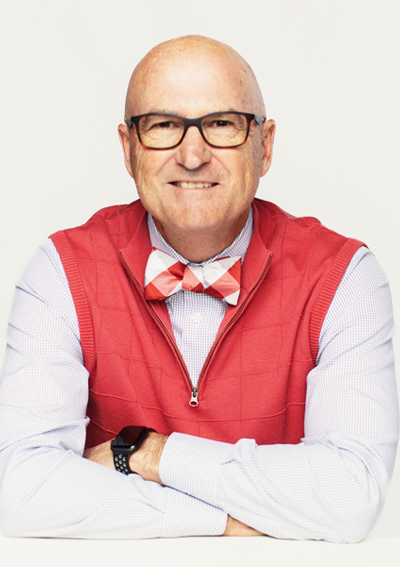My friend is an extremely talented, successful professional who seems good at absolutely everything. And she confesses to me that one thing that would terrify her is if she ever had to give an impromptu prayer or deliver a sermon. Too scary! Her faith is strong, but the words would not come. I suppose we all have tasks that would intimidate us. But too often I think that we draw a thick stark line with a sharpie between what is sacred work and what is secular work. On one side of the line, we group the secular affairs: drawing up a will; coaching soccer; reading an x-ray; gardening; filing our taxes, teaching math and political campaigning. On the other side, we tuck in the sacred activities: prayer, worship, serving the poor, studying the Bible, teaching Sunday School, serving communion, and visiting the sick.
But in the early days of Christianity, the sacred/secular divide was blurred or maybe non-existent. The early Christians were taught to “let yourselves be built into a spiritual house” (I Peter) and were assured that to each of them was “given the manifestation of the Spirit”. (I Corinthians) These words were spoken before churches had buildings and the faith was passed primarily from person to person in household gatherings. The only ministers were the ordinary people. The church grew from a rag-tag group of folks excited about Jesus to a wildfire type of movement because ordinary folks revealed God’s extraordinary love in their daily lives.
Recently I sat in a meeting and a physician introduced himself as the “non-ordained” kind of minister. This delighted me! He recognized that when he shows empathy to a patient or compassion to a person in pain something holy unfolds. When a doctor takes time to really listen, that’s ministry. Our church is blessed with four ordained ministers, but our real purpose is to set you free to minister in this world. You go out and buy Depends for your grandmother; you drive a neighbor to AA; you read the same book 10 times to your toddler; you insist on the highest ethical treatment for your real estate client; you stay late at the office to listen to a co-worker in crises; you serve on a board that advocates for racial and gender equity, you coach soccer and make sure the kid with few skills feels included and valued. There is a fancy word for this activity that you do each day: “the priesthood of all believers.” This erases the line between holy work and ordinary work. All of our time and all of our breath is a gift from God and all of it can be an expression of love.
Grace and Peace,
Carla



